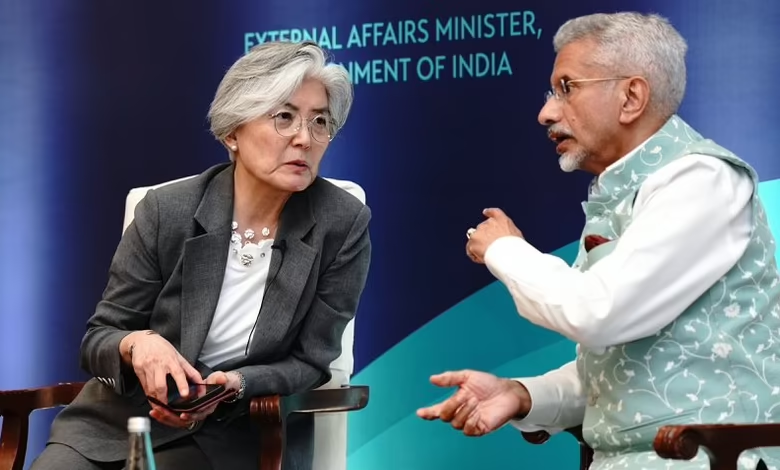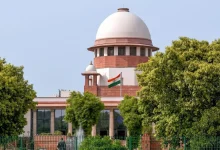
India and China are actively working to restore their relationship, strained by the 2020 Galwan valley clashes, though some hurdles remain, External Affairs Minister S Jaishankar said on Wednesday. Addressing an audience at an Asia Society event, he underscored that neither country gains from ongoing tensions.
“The clashes weren’t just about bloodshed; they marked a blatant disregard for agreed terms,” Jaishankar stated during a discussion moderated by Kyung-wha Kang, President and CEO of the Asia Society and former South Korean foreign minister. “The breach of our mutual commitments was both sharp and significant.”
Jaishankar noted that while progress has been evident since October last year, unresolved issues linger. “We’re still tackling parts of this problem—it hasn’t fully dissipated,” he remarked, emphasizing that both nations are committed to repairing the damage, as it aligns with their shared interests.
In October, India and China finalized a troop disengagement deal for Depsang and Demchok, the final friction zones in eastern Ladakh. Shortly afterward, Prime Minister Narendra Modi and Chinese President Xi Jinping met in Kazan, agreeing on steps to bolster bilateral ties.
Jaishankar stressed the need to manage differences to keep them from escalating into disputes. “Competition exists across various fronts, but it shouldn’t spark conflict. We approach this pragmatically,” he said.
Reflecting on the broader stakes, he questioned the value of a tense standoff, with vast troop deployments in harsh conditions and the ripple effects on overall relations. “Peace and stability along the border are critical to our entire relationship,” he concluded.




